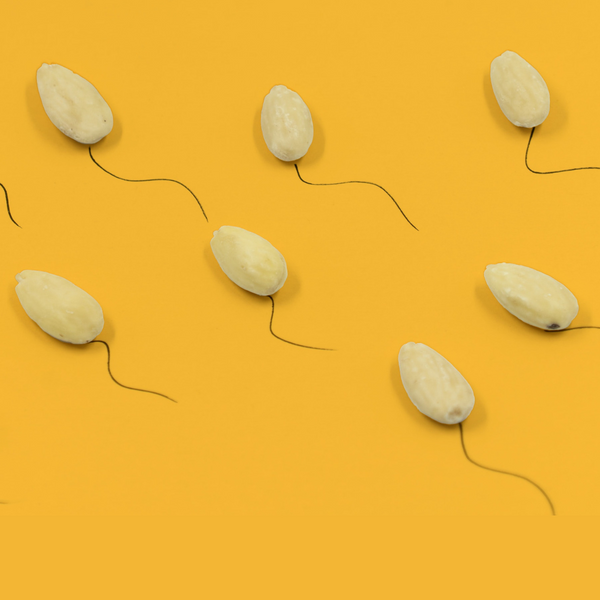
Article
Article
Posted on
Polycystic Ovary Syndrome (PCOS) can affect various aspects of a woman's reproductive health, including the luteal phase of the menstrual cycle. Understanding the connection between luteal phase defects and PCOS can provide valuable insights into fertility challenges.
The luteal phase is the second half of the menstrual cycle, occurring after ovulation and before the start of menstruation. It plays a critical role in fertility, as it prepares the uterine lining for a potential pregnancy.
A luteal phase defect occurs when the luteal phase is shorter than normal, or the level of the hormone progesterone is too low to sustain a pregnancy. These defects can contribute to fertility problems or early miscarriage.
PCOS can disrupt the hormonal balance necessary for a healthy luteal phase. This hormonal imbalance can lead to an inadequate production of progesterone, affecting the ability of the uterine lining to support a fertilised egg.
Diagnosing a luteal phase defect often involves charting basal body temperature and hormone tests. In the case of PCOS, additional diagnostic tests like ultrasound and blood tests may also be necessary.
Progesterone supplements can be prescribed to help extend the luteal phase and support early pregnancy. Clomid or Letrozole might also be used to stimulate ovulation and improve luteal phase length.
Regular exercise and a balanced diet can help in regulating hormonal balance, which can positively affect the luteal phase.
Vitamin B6 and progesterone creams are sometimes recommended to enhance luteal phase function.
For severe cases, treatments like in vitro fertilisation (IVF) may be considered.
If you have PCOS and suspect a luteal phase defect, it's crucial to consult a fertility specialist for accurate diagnosis and treatment options tailored to your condition.
Understanding the intricacies of the luteal phase can be vital in navigating fertility challenges associated with PCOS. With proper diagnosis and treatment, it is possible to manage luteal phase defects and improve fertility outcomes.

Article

Article

Article